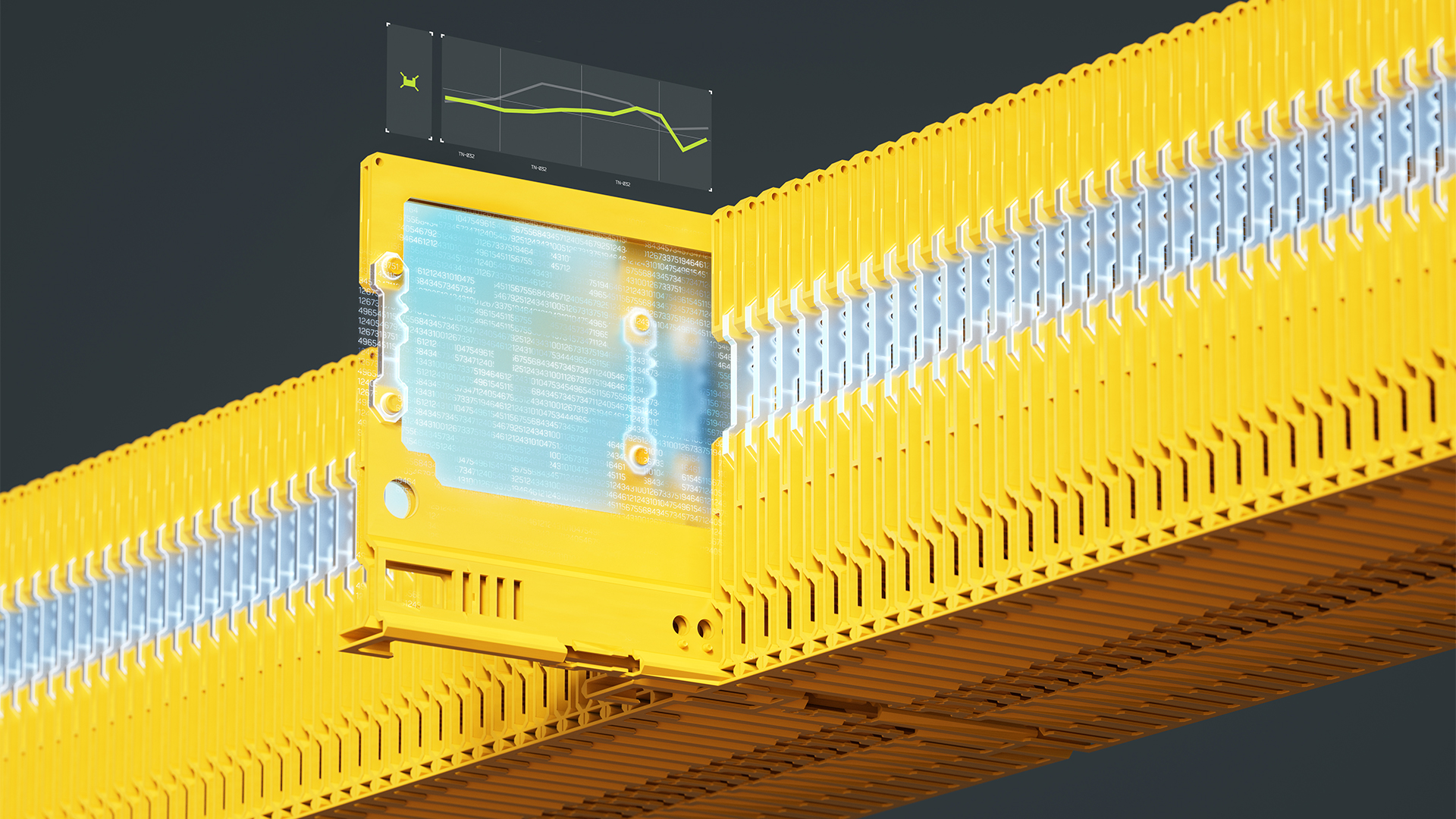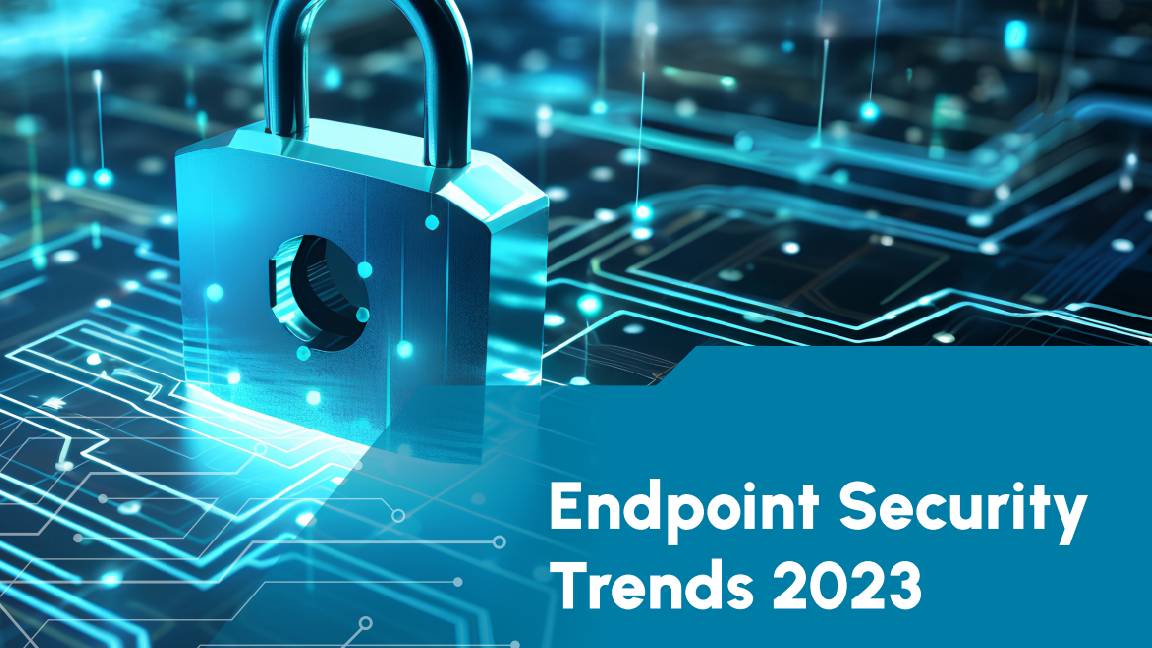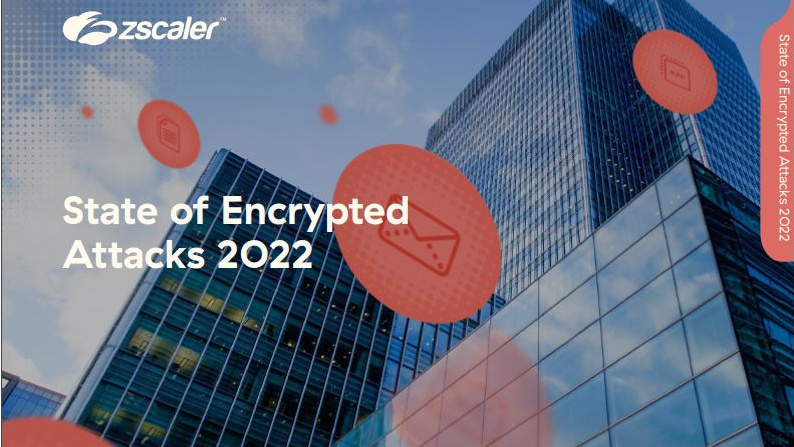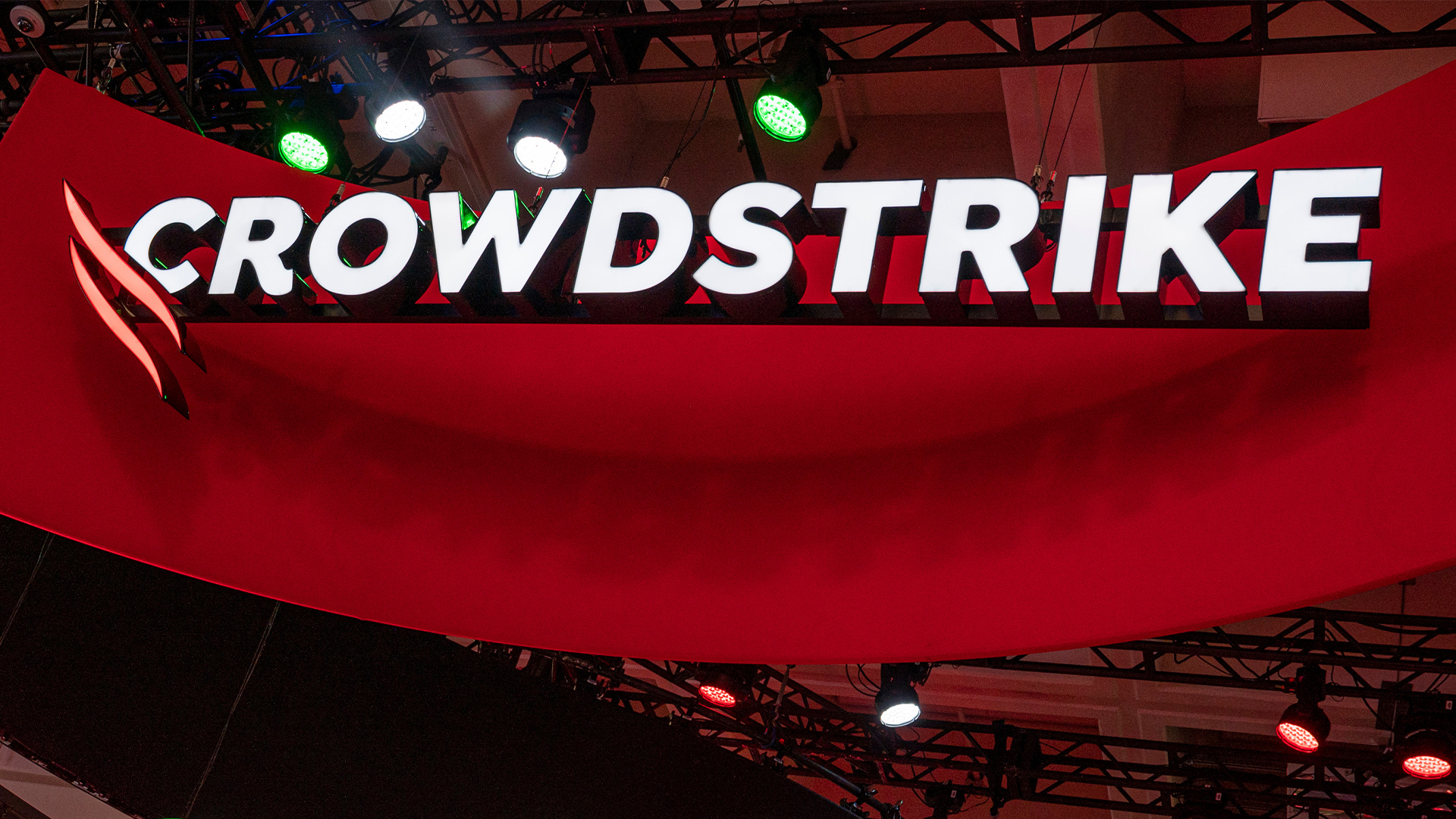Hackers infect quarter of a million PCs with ransomware
Criminals estimated to have made a million dollars in bitcoins.


Security researchers said that over 250,000 computers have been infected by Cryptolocker malware and have managed to extort almost $1 million from victims.
The ransomware encrypts user's important files and then demands money in return for decrypting them. Researchers from Dell Secureworks estimated that "200,000 to 250,000 systems were infected globally in the first 100 days of the CryptoLocker threat."
The researchers said that the criminals have managed to amass 1,216 bitcoins since September. Had the hackers immediately exchange bitcoins into dollars, the cash pile would have amounted to $380,000. If however, they held onto the money and exchanged them as of last week, that figure rises to $980,000, based on the current weighted price of $804/BTC.
Unlike other malware, even if Cryptolocker is removed, there is no way the encrypted files can be decrypted. Decryption keys are stored on one of many Cryptolocker servers. The files can only be restored by paying the ransom.
"By using a sound implementation and following best practices, the authors of Cryptolocker have created a robust program that is difficult to circumvent," SecureWorks said in a blog post. "Instead of using a custom, cryptographic implementation like many other malware families, Cryptolocker uses strong third-party certified cryptography offered by Microsoft's CryptoAPI."
According to the researchers, the malware has targeted English-speakers, specifically those located in the United States. "Malware authors from Russia and Eastern Europe, where the CryptoLocker authors are thought to originate, commonly target victims in North America and Western Europe," the researchers said.
The security researchers said that the early versions of the malware were distributed through spam emails targeting business professionals rather than home internet users. The malware used the lure of a customer complaint against the recipient to start the infection and encryption process.
Sign up today and you will receive a free copy of our Future Focus 2025 report - the leading guidance on AI, cybersecurity and other IT challenges as per 700+ senior executives
According to Secureworks, the brains behind the malware have previous experience in malware development and distribution, especially of ransomware.
"Based on the duration and scale of attacks, they also appear to have the established and substantial "real world" infrastructure necessary to "cash out" ransoms and launder the proceeds," the researchers said.
Rene Millman is a freelance writer and broadcaster who covers cybersecurity, AI, IoT, and the cloud. He also works as a contributing analyst at GigaOm and has previously worked as an analyst for Gartner covering the infrastructure market. He has made numerous television appearances to give his views and expertise on technology trends and companies that affect and shape our lives. You can follow Rene Millman on Twitter.
-
 What is Microsoft Maia?
What is Microsoft Maia?Explainer Microsoft's in-house chip is planned to a core aspect of Microsoft Copilot and future Azure AI offerings
-
 If Satya Nadella wants us to take AI seriously, let’s forget about mass adoption and start with a return on investment for those already using it
If Satya Nadella wants us to take AI seriously, let’s forget about mass adoption and start with a return on investment for those already using itOpinion If Satya Nadella wants us to take AI seriously, let's start with ROI for businesses
-
 ‘Resilience debt’ is now one of the most pressing cyber challenges for enterprises – here's what it means and how you can tackle it
‘Resilience debt’ is now one of the most pressing cyber challenges for enterprises – here's what it means and how you can tackle itNews Research from Dell Technologies suggests the gap between cyber resilience and perception of readiness is getting bigger
-
 Critical Dell Storage Manager flaws could let hackers access sensitive data – patch now
Critical Dell Storage Manager flaws could let hackers access sensitive data – patch nowNews A trio of flaws in Dell Storage Manager has prompted a customer alert
-
 Futurum Group endpoint security trends 2023
Futurum Group endpoint security trends 2023whitepaper Protection across AI attack vectors
-
 Workshop: Network security design for cloud
Workshop: Network security design for cloudwhitepaper Network security design
-
 Hackers claim fresh Dell data breach just days after the company confirms probe into employee info leak
Hackers claim fresh Dell data breach just days after the company confirms probe into employee info leakNews In what could be the second Dell data breach in the space of a week, hackers claim to have accessed 3.5GB of company data
-
 Dell says data breach affecting 49 million customers poses no 'significant risk’
Dell says data breach affecting 49 million customers poses no 'significant risk’News Dell claims customers aren’t exposed to significant risk in the wake of a major breach, but they should be wary of targeted social engineering attacks.
-
 ThreatLabz Report: The state of encrypted attacks
ThreatLabz Report: The state of encrypted attacksWhitepaper What's hiding in your web traffic?
-
 Dell and CrowdStrike expand partnership to drive unified security
Dell and CrowdStrike expand partnership to drive unified securityNews Dell’s MDR service with integrated CrowdStrike Falcon XDR is available directly and via channel partners
